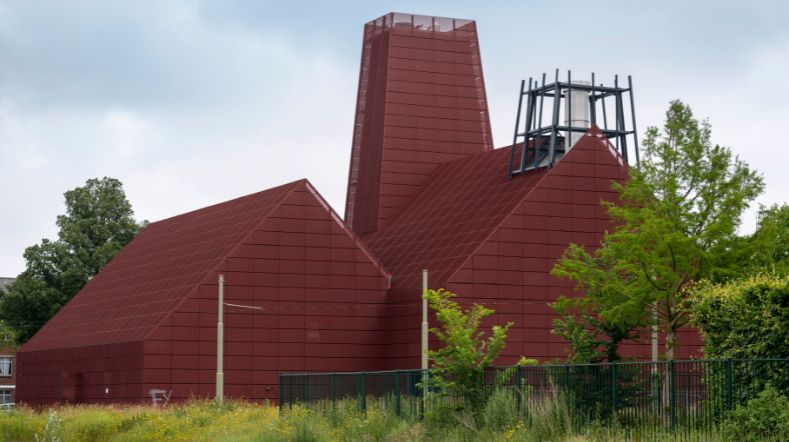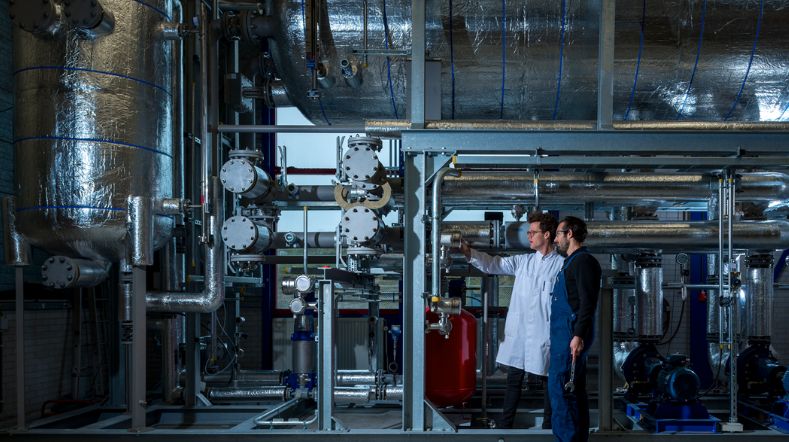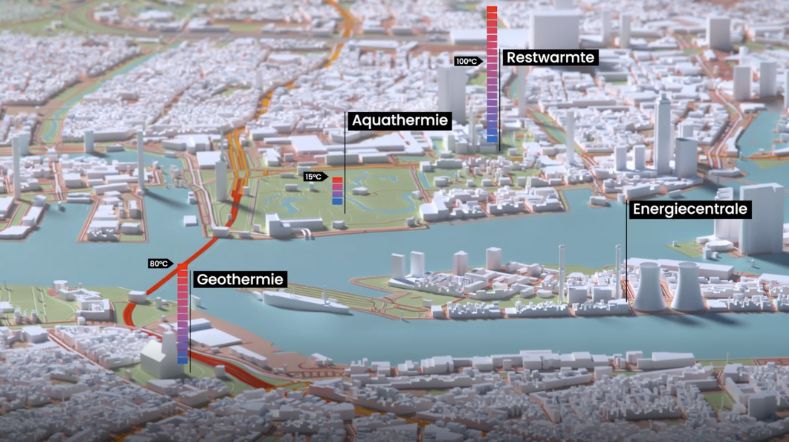From litter to resource: Supporting Southern Africa
From March 2021 to May 2022, TNO supported Malawi, Zambia and Zimbabwe with the transition towards more sustainable and circular waste management. During this project, TNO facilitated the development of an actionable roadmap and a scoping study for a pilot, to provide the countries with concrete directions for change.
Circular opportunities
Malawi, Zambia and Zimbabwe experience great waste management challenges. Collection rates are very low, waste is often dumped illegally, the existing formal dumpsites are often ill-managed and overflowing, and recycling is still a niche activity.
Redesigning waste value chains with a focus on circularity can help countries to not only reduce environmental and health pressures, but also to expand market activity and grow their economies by processing secondary materials.
A joint approach
With the support of local partners, TNO brought all relevant players to the table. Together with stakeholders from national and local government, the private sector, the civil domain and academia, we aimed to understand how these waste systems operate. Including what barriers towards sustainable and circular behaviour exist and what the most important interventions would be. The outcomes were translated into strategic roadmaps and specific pilot concepts for plastics and organic waste.
Interconnected causes
The study was based on an extensive baseline assessment of the full waste management system in each country, a comparative analysis on the potential for circularly for a set of waste streams, and a deep dive into the root causes that hinder change for one, prioritised waste stream.
Waste systems are complex and interconnected. Actors, activities and dependencies all influence and reinforce each other. This can drastically slow – or even stop – proper waste management. TNO distinguished three key levels in which there are hinderances to change.
These are the formal and informal collection and disposal system, the formal and informal valorisation system, and the broader ecosystem, such as the governing bodies that set policies and regulations. Consider, for example, the difficulty of building a business case for waste collection given low fees, low margins on recycled materials and the lack of policy incentives, such as tax cuts.
No silver bullet
The interrelated and complex causes that obstruct the transition to more sustainable waste systems mean there is no silver bullet that can foster change. Instead, intervention must occur across various levels to create lasting change. So TNO and local stakeholders developed a roadmap that provides interventions in four areas: the institutional environment, constructive collaboration, knowledge and awareness and the physical infrastructure, with actions defined in the short, medium and long term.
Even though the desired end result is physical changes in the infrastructure and recycling processes, most short- and medium-term interventions apply to the other three domains: momentum is needed there to enable investments in the physical sphere. TNO also developed a scoping study for a pilot for each country, in which the key focus is not on promoting one central recycling technology, but on redesigning and strengthening the respective value chains, so that value is distributed more evenly, increasing incentives for participation among all actors.
From linear to circular
Thanks to the project grant from the Climate and Technology Centre and Network and funding from the European Commission, TNO was able to provide Malawi, Zambia and Zimbabwe with actionable plans that outline where and how to start the transition towards circularity. It will guide these countries to leap from a linear waste management to putting the principles of the circular economy at the fore, thereby reducing environmental and health impacts and increasing economic activity.
Get inspired
Smart networks for a future-proof energy system


An innovative view on particulate matter


Geothermal energy: sustainable heat from the subsurface


Smarter storage: how TNO optimises thermal energy storage


Heat system integration: aligning all the pieces


